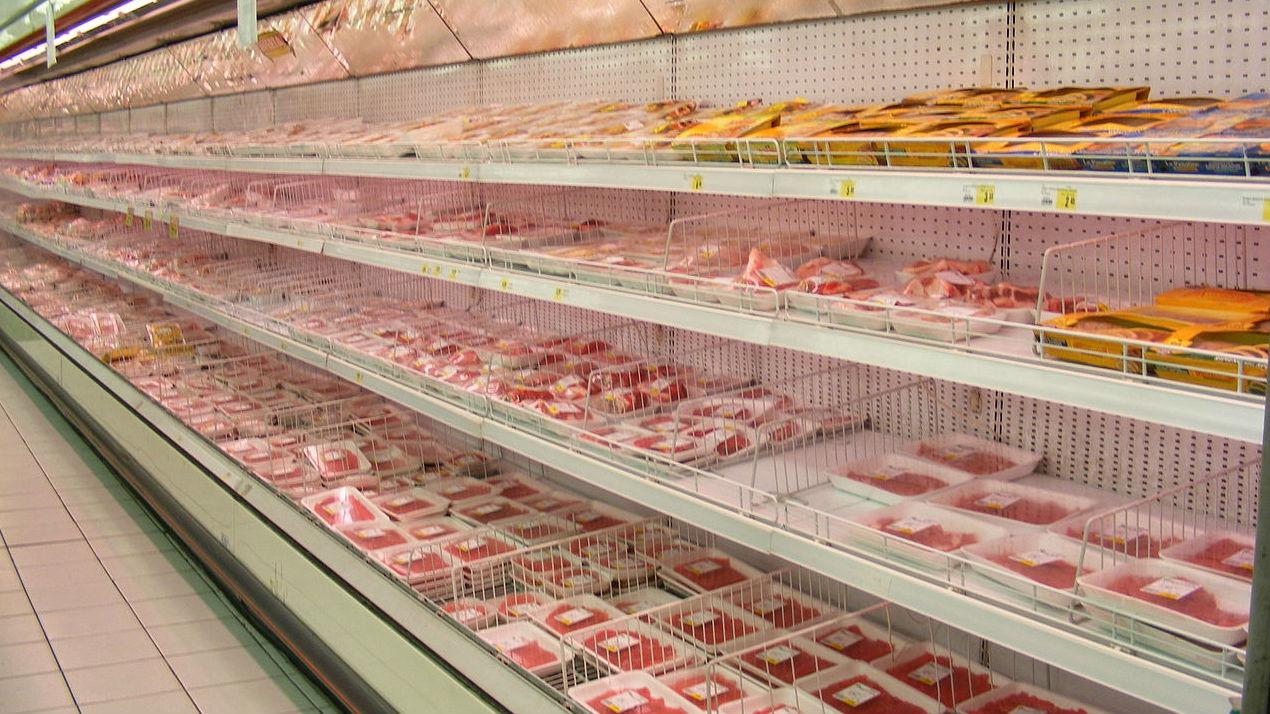U.S. Port Dispute Causes Meat Oversupply

U.S. meat exporters caught in the middle of the West Coast port labor standoff diverted millions of pounds of chilled pork and beef into cold storage facilities over the last few weeks, creating an oversupply of meat, analysts said.
Redirected protein shipments come as frozen inventories are starting to build ahead of the spring grilling season and the summer season for bacon, lettuce and tomato sandwiches.
A contract dispute between the dockworkers union and shipping lines has led to months of cargo backups at 29 U.S. West Coast ports.
Already-burdensome meat supplies are pressuring wholesale prices, particularly for pork. Shoppers could see added savings the longer dock negotiations drag on, analysts said.
The U.S. Department of Agriculture's cold storage report for January at 2 p.m. CST (2000 GMT) on Friday will confirm the impact of the port dispute on the meat sector.
Some analysts, on average, forecasted total January pork stocks at 572.7 million pounds and 471 million pounds for beef. Both could show the largest increase for January in three years.
"We're expecting very big numbers" because the amount of product that could not be shipped landed in warehouses or was sold at a potential loss for processors, said John Ginzel, an analyst with Linn Group.
Pork will likely be most affected because more is sent overseas than other U.S. meat proteins, he said.
The United States exports about 21 percent of the pork and 11 percent of the beef it produces. Tyson Foods Inc and Cargill Inc are among the biggest producers.
Roughly two-thirds of U.S. meat exports, worth about $9.25 billion last year, rely on ocean freight. Of that amount, almost 80 percent left the United States via West Coast ports, according to the U.S. Meat Export Federation (USMEF).
Fearful of losing customers to foreign competitors, meat exporters are paying more to move product by air, freeze it or redirect purchases through Canadian and Mexican ports.
"This is not just cutting the skin, it's cutting the bone," USMEF CEO Phil Seng told Reuters, referring to the financial impact of the port dispute.
U.S. Labor Secretary Tom Perez is in San Francisco to try to help broker a deal to break the labor stalemate.
Even if an agreement is reached, it will take weeks and possibly months to clear the backlog of product, analysts said.
Copyright Reuters 2015.
